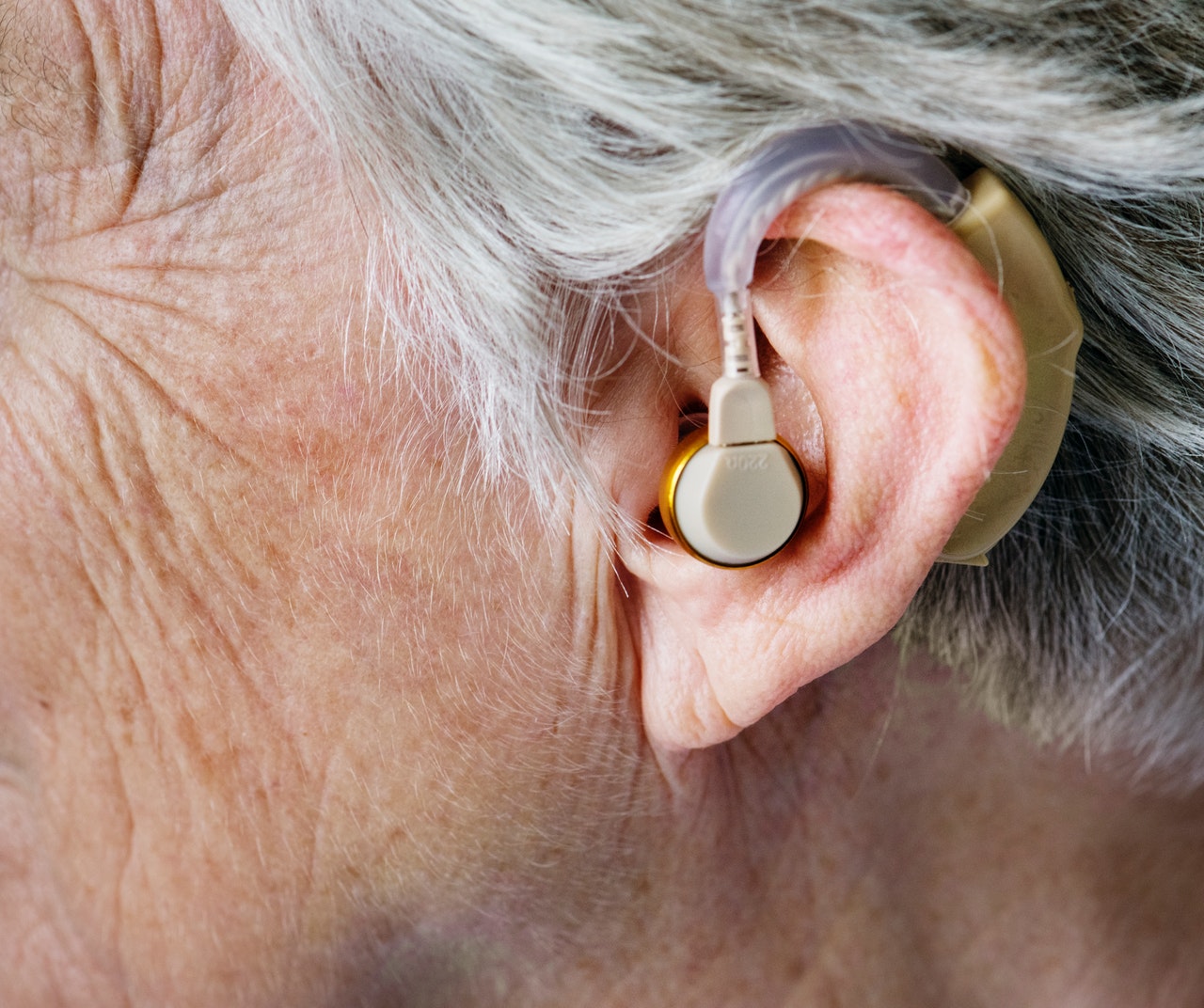Note: This blog post is a sponsored conversation written by Lynn Smythe, the Founder and Chief Blogger for The Creative Cottage lifestyle blog. The opinions, thoughts, ideas and text are all mine.
Groundbreaking research from the Center for Disease Control & Prevention showed that hearing loss caused by exposure to loud noise is very common among the adult population. While they found that the numbers of people suffering from hearing loss is extremely high, their most interesting finding is that over half of the people who report hearing loss do not work in a job that exposes them to loud noise, such as construction work.
That means that at least half of the people who suffer from noise-related hearing loss have sustained this damage from every-day noise exposure— things like hearing police sirens, listening to loud music on headphones, using leaf-blowers, going to rock concerts or watching sports live at the stadium.
On the flip side, half the people who experience hearing loss have damaged their ears listening to every-day sounds, the good news is that if you avoid these loud noises as far as possible, you may be able to preserve your hearing. These tips will help you look after your ears.
Turn Down The Volume
Nobody’s saying you should stop listening to your tunes. And you can even enjoy your favourite music at a level that sounds fairly loud. Just make sure the volume is at a level that is safe for your ears. Even fifteen minutes of music at the max volume on your headphones is going to cause damage to your hearing. The time that it is safe to listen to the music at the level you are listening at is cumulative so if you listen at a lower volume, you can do so for slightly longer, without risking damage to your ear.
Noise-canceling headphones are a great option, as they block out background noise, which means you can hear your music more easily at a lower volume. Bonus! Hot hearing tip: if you have your noise canceling headphones on and you can still hear something like a ringing in your ears, you may have tinnitus, which commonly accompanies hearing loss. No worries if you do—just drop in at your local medical practice that does tinnitus tests and find out for sure, so you can discuss possible treatment options.
Block Out the Noise
At the risk of looking like a weirdo, you’d do well to don a pair of ear plugs or ear muffs if you’re going to a concert or a stadium sports event. Fashionistas needn’t despair, as ear safety accessories come in a range of styles these days. Some versions are even designed specifically for music listening. If a police vehicle or ambulance comes roaring by and you don’t have your earplugs or earmuffs with you, use your hands to block your ears.
Take Action Before You Notice Hearing Loss
Have you experienced hearing loss? Even if you have, you may not know it. Make sure you take action to reduce everyday noise exposure even if you don’t think you need to, as research has shown that we are not good judges of our own hearing. And if you are aware of hearing loss, you may not have let those around you know. Hearing loss is known as an “invisible disability”.
Unlike many other disabilities, doctors can’t always see a structural indication inside the ear that hearing loss has occurred, so hearing loss can be difficult to notice and treat. ‘Invisible’ is also an appropriate term because hearing loss is a condition that so many people around the world suffer from without people around them knowing. This means they may be subjected to unfair discrimination. If you’re experience hearing loss yourself, try to help others be aware of your condition. And when you’re out in the world, be aware that many of the people you encounter may be hard of hearing.
Whether you’re a construction worker or you live in the quiet countryside, everyday habits may be damaging to your ears. Protect your hearing by thinking twice about noise exposure.










+ There are no comments
Add yours